Seniors vote for the first time in midterm elections
Credit: Charlie Moore
Voting for midterm elections will take place on Tuesday, November 6. Senior Michael Maurer is going to vote on Tuesday, alongside several other seniors. “A lot of students choose not to vote, which is another reason why it’s important for someone like me to vote,” Maurer said.
November 6, 2018
Most students celebrate their 18th birthday senior year, legally entering adulthood. One of the many privileges that comes with being an adult is the right to vote. With midterm elections happening Nov. 6, 2018, a handful of seniors have already turned 18 and will be able to vote for the first time.
“Honestly, I think it’s important for everybody to vote,” senior Michael Maurer said. “That’s just how our democracy works. It’s based on people [and their votes]. I think there are obviously more people aged 18 years old than 80 years old, so [my age’s] voice should be proportionally louder [when it comes to voting].”
Because the elections involve voting for leaders and laws that could potentially affect citizens in multiple ways, several students feel voting is important to have a voice in their future.
“I think it is important to vote as a young adult because we are the people that are growing up in the future, so we need to have a say in it,” senior Audrey Chen said.
The ballot will consist of voting for Senate members, US House of Representatives, and more. Three ballot questions will also be present. The first question on the Massachusetts ballot proposes a law that would limit how many patients could be assigned to each registered nurse in Massachusetts hospitals and certain other healthcare facilities. Audrey Chen, who falls on the democratic/liberal side of the political spectrum, believes that the law should not be passed.
“Personally, I am voting no on [question 1] because I don’t think there should be a number to how many people a nurse can take care of. I personally have parents who work for hospitals and I know that [limiting patients per nurse] would be bad for the smaller hospitals.”
Although some seniors believe nurses should not have a limit to their number of patients, others completely disagree. Maurer falls close to the middle of the political spectrum, leaning a bit to the left, and believes that the law should be passed.
“I think [the number of patients per nurse] should be limited,” Maurer said. “I think there’s no reason why this would cause a negative impact on hospitals unless they’re a nonprofit hospital, which is something I don’t agree with in the first place.”
Question 2 proposes a law to create a citizens commission to consider and recommend potential amendments to the United States Constitution to establish that corporations do not have the same constitutional rights as human beings. Maurer believes a citizens commision should be created.
“I think that corporations should be restrained and the rights that they have [should be restrained],” Maurer said. “They should be limited somewhat because they’re larger groups of people with different ideas than individual people, so they shouldn’t have the same voting rights.”
The third and final ballot question is a veto referendum, where people will vote to keep or repeal a law that was passed in 2016. The law adds gender identity to the list of prohibited grounds for discrimination in places of public accommodation. Both Chen and Maurer believe this law should be preserved.
“I’m voting yes [to keep the law] because I think the way that the rights are now are good,” Chen said. “We should be moving forward [rather than] backward.”
With the 2018 midterm elections right around the corner, seniors who are casting a ballot must carefully analyze the questions in order to make a vote that could change their future.
“Students voting can make a big impact because there are not that many people who vote currently, and I think [people] need to get out and do it,” Chen said.



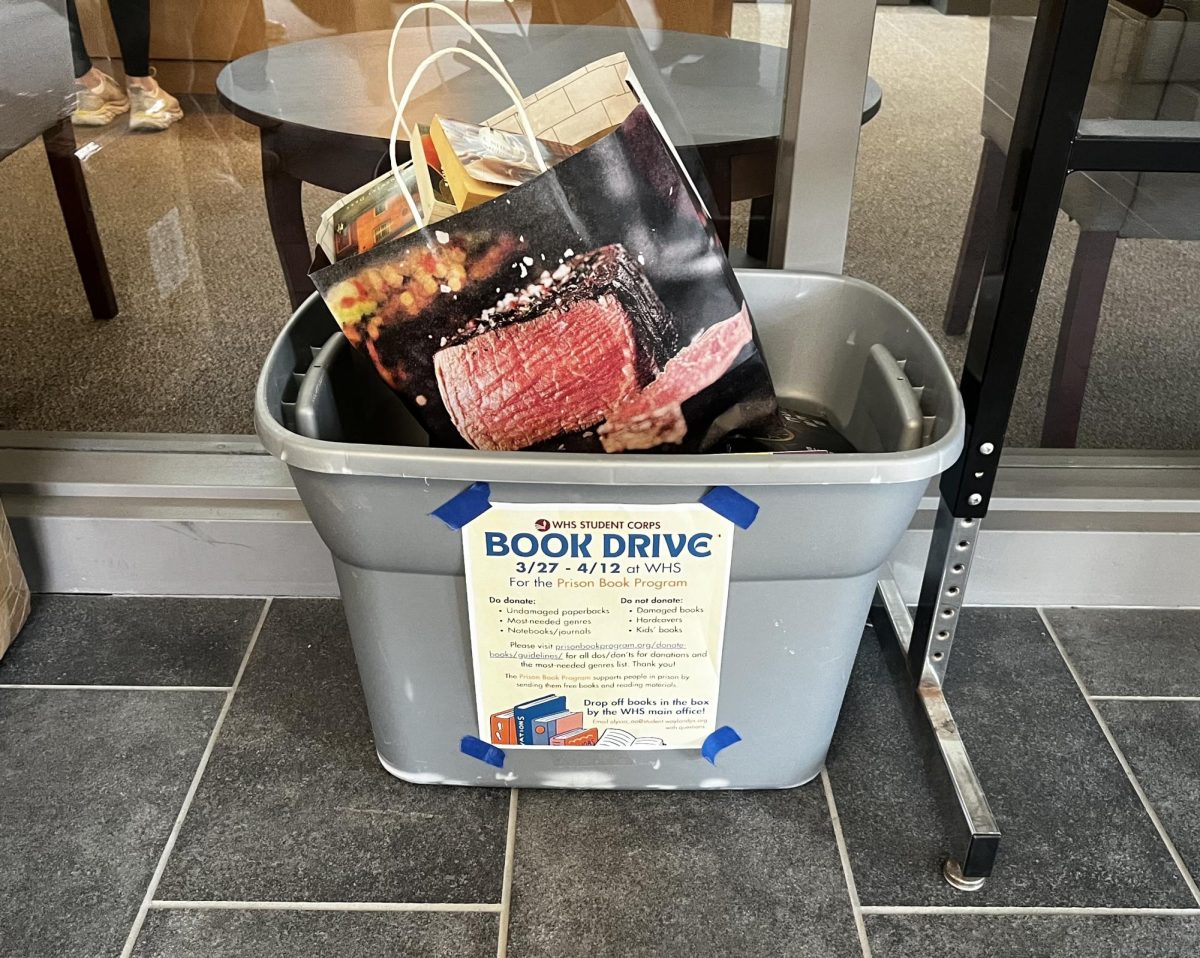

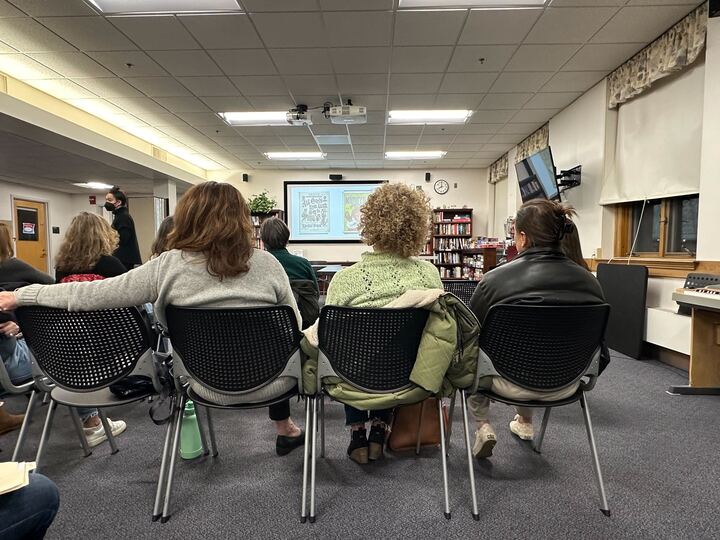





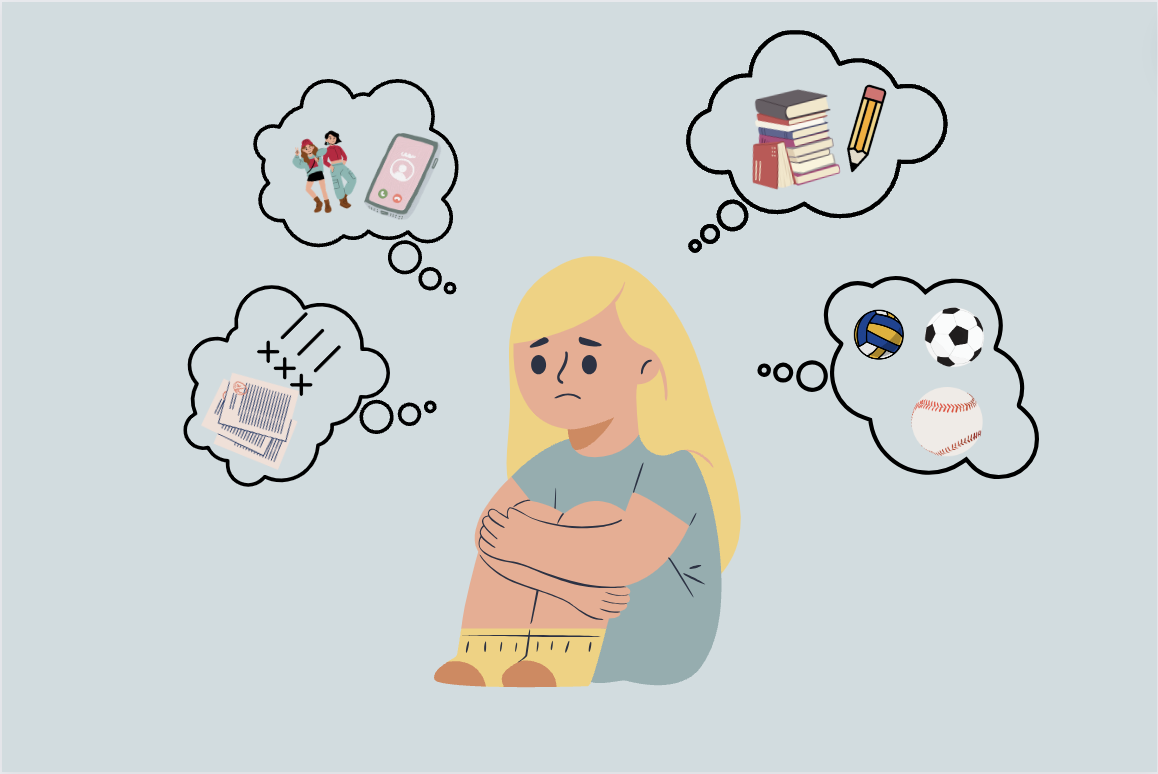
![WSPN’s Annika Martins and Maddie Zajac explore the athletic life of senior Annabelle Zhang through her badminton career. “This [photo] is me and my former partner after we won the 2022 junior nationals mixed doubles category,” Zhang said.](https://waylandstudentpress.com/wp-content/uploads/2024/04/IMG_6629-1200x900.jpg)
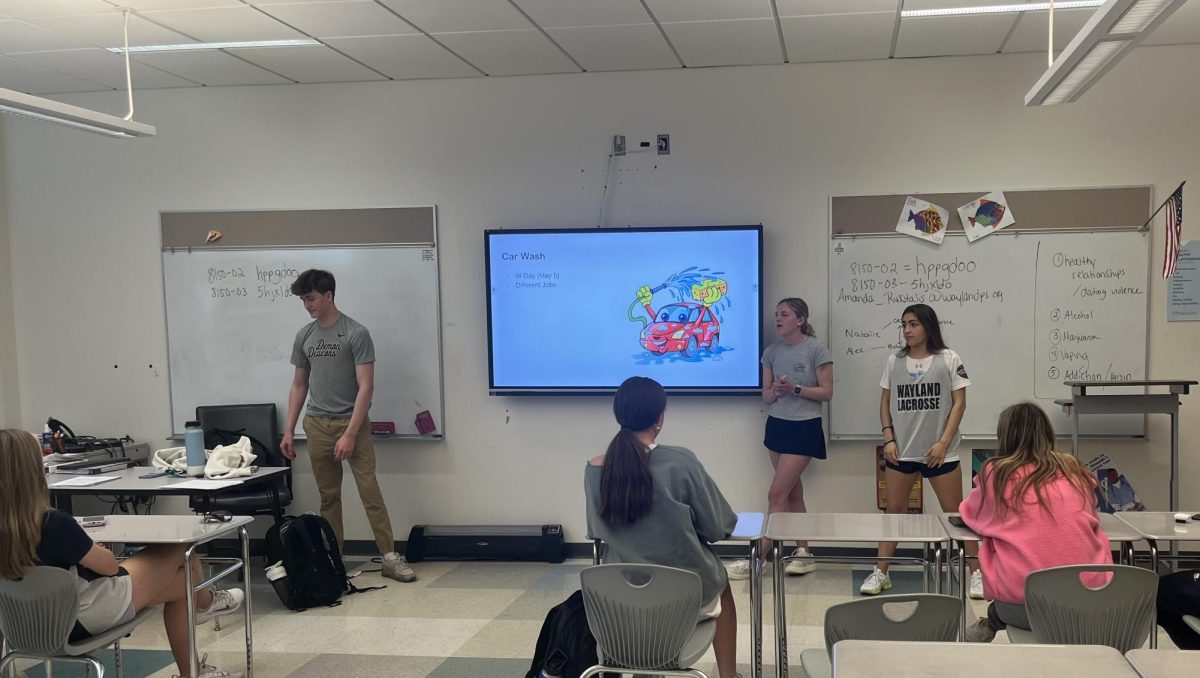
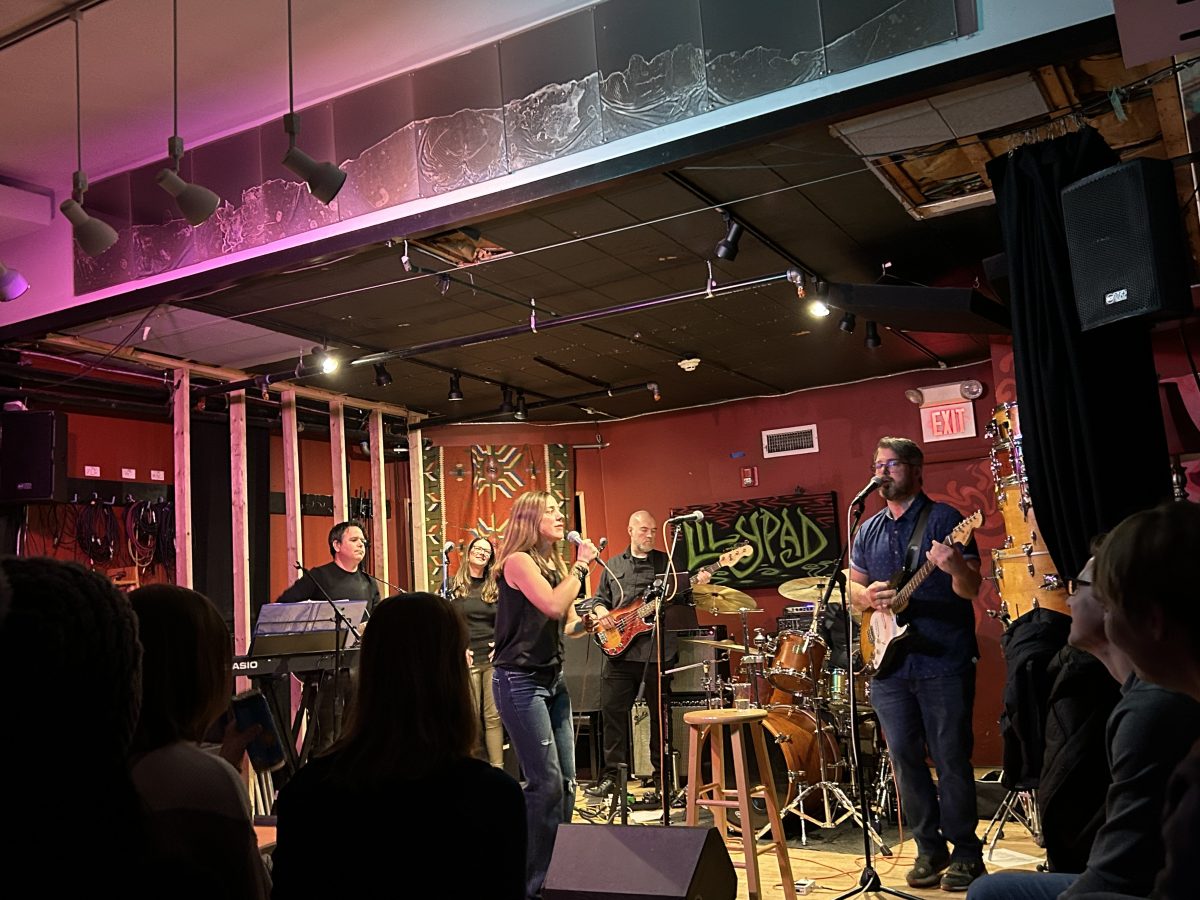
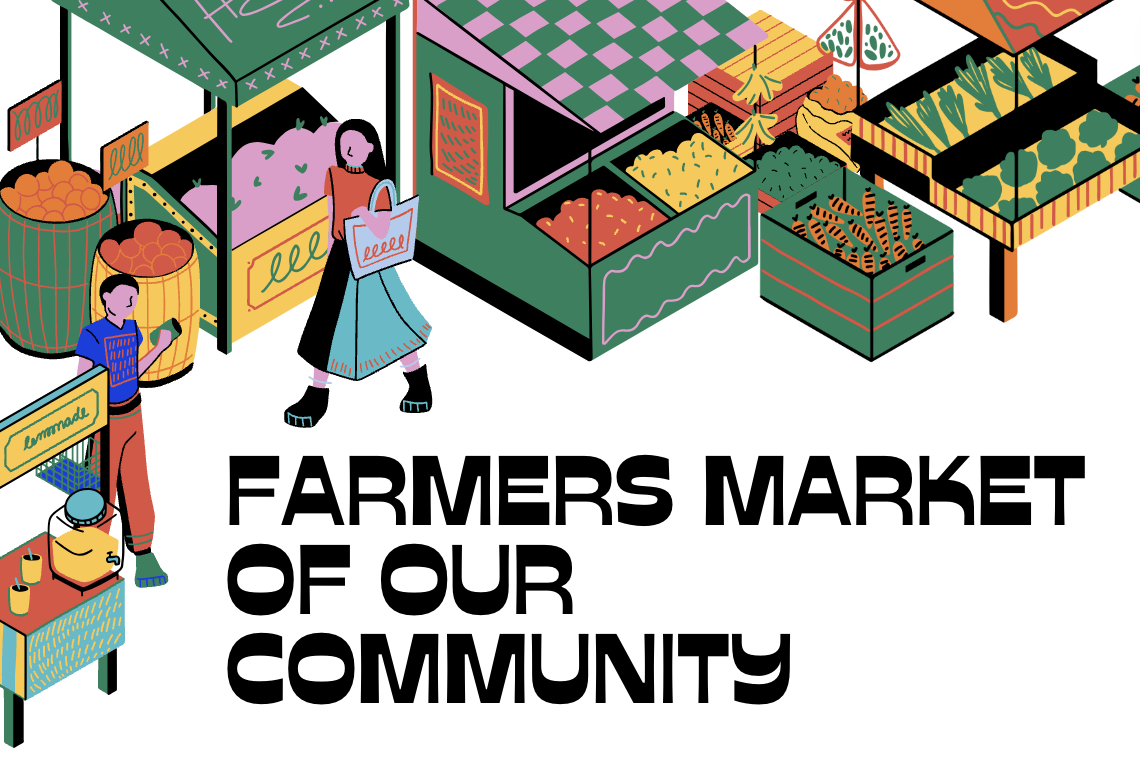





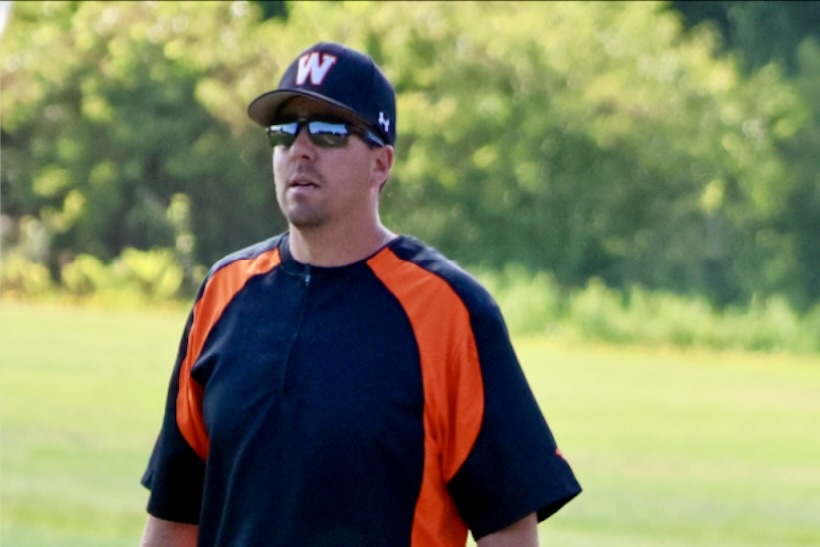
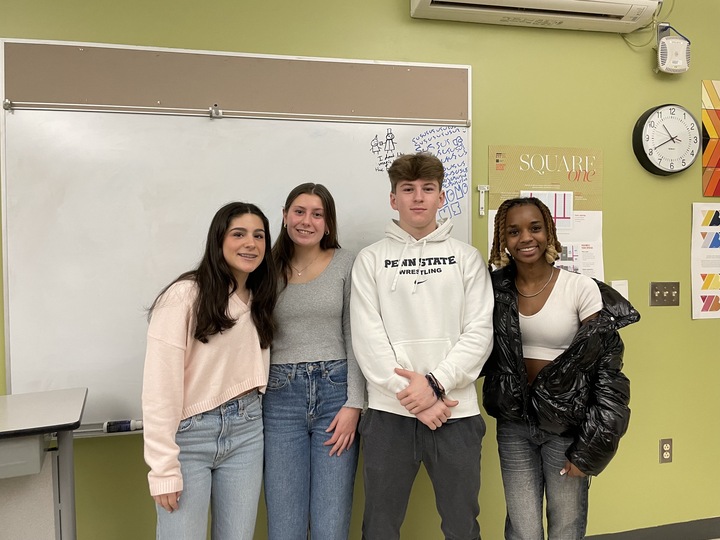

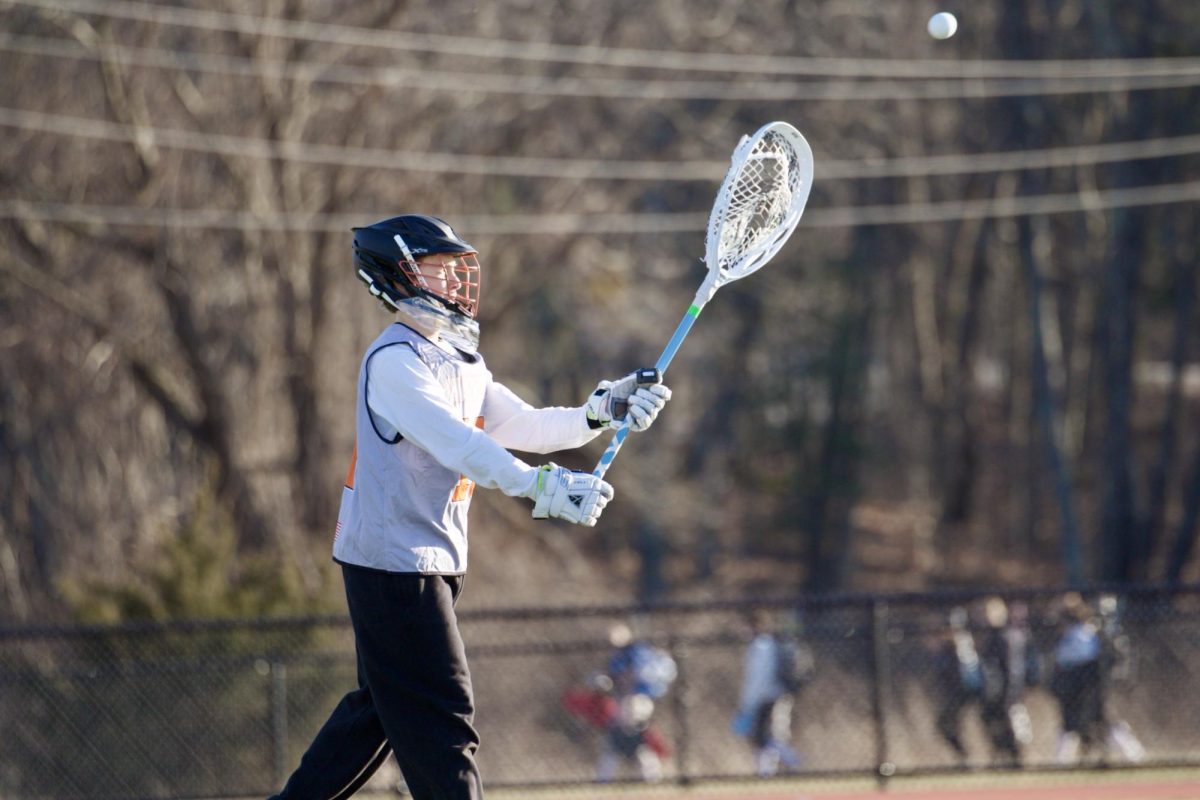

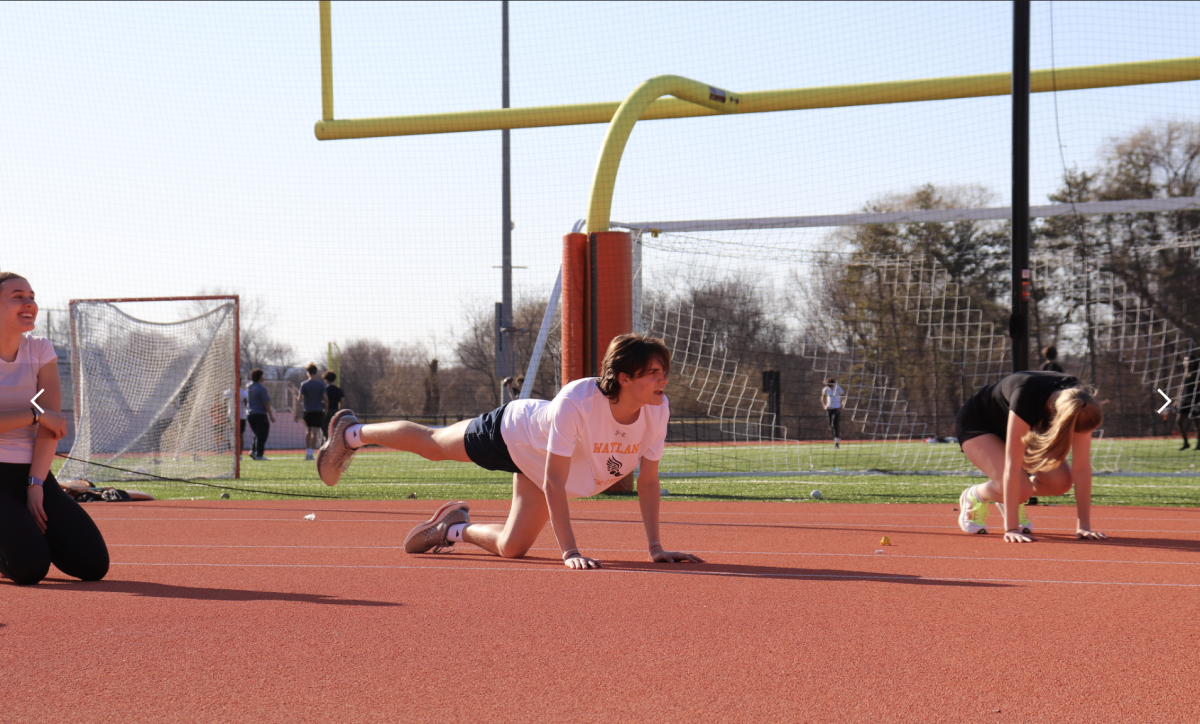

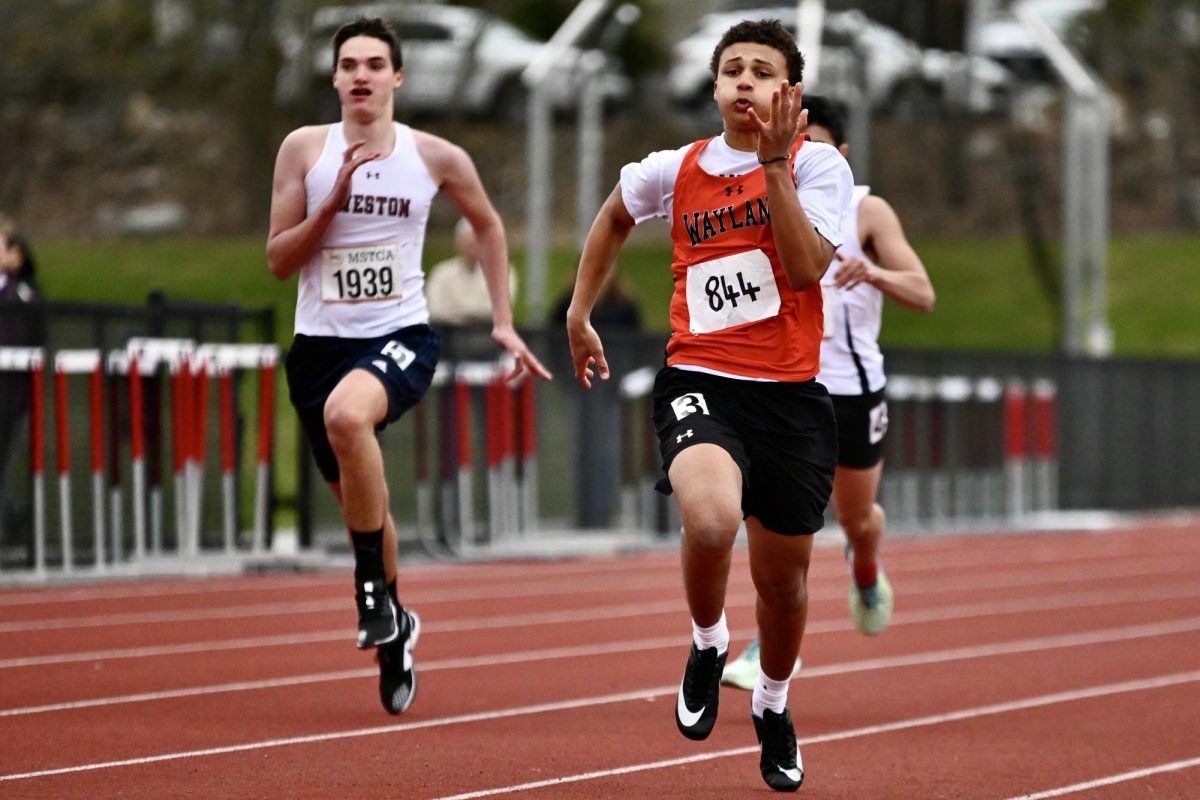
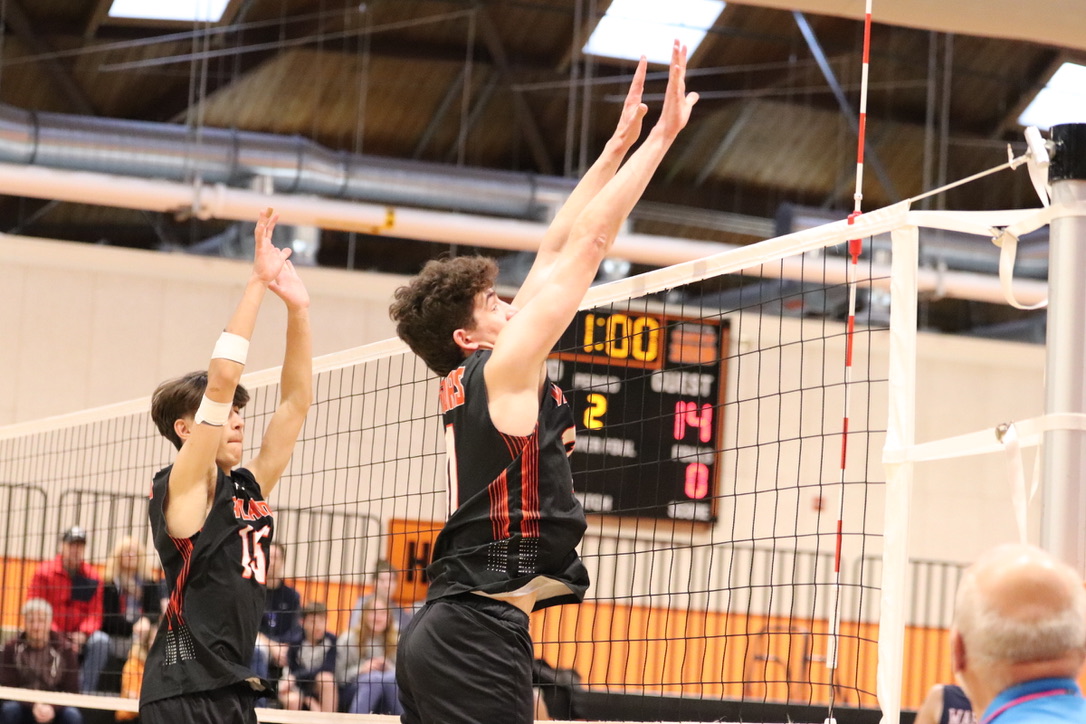
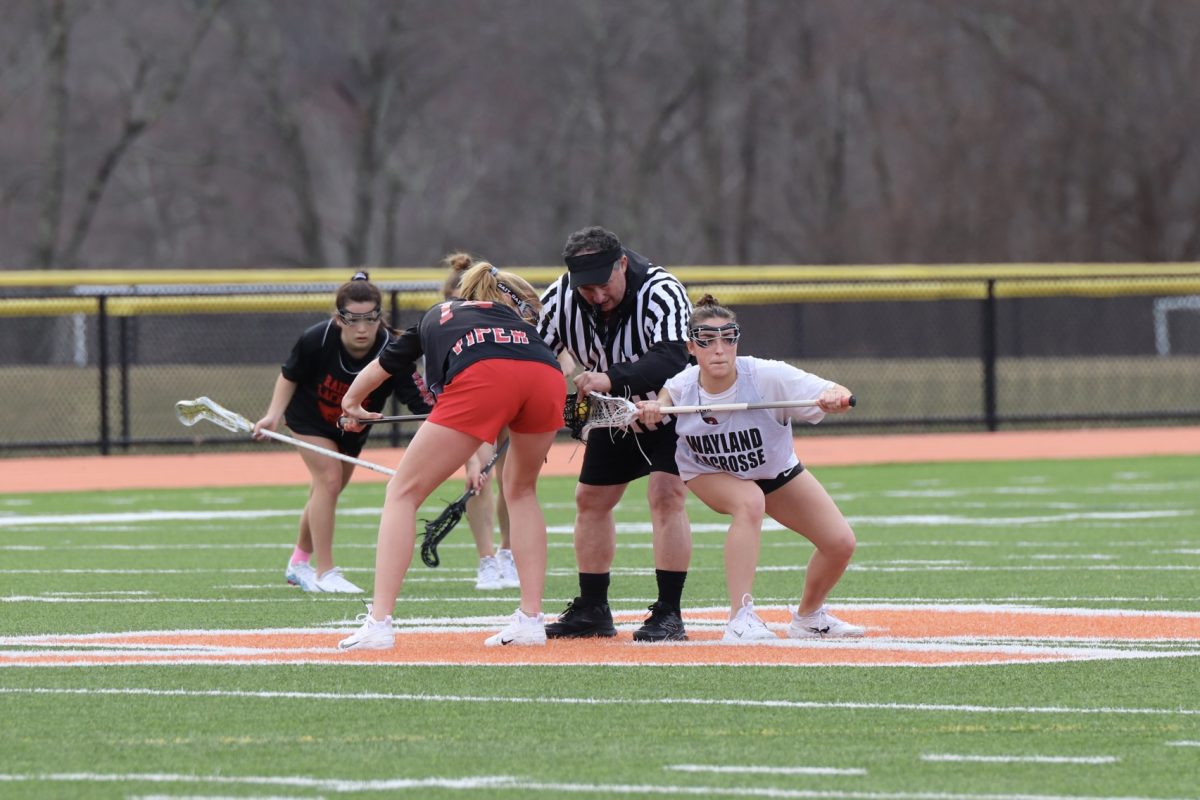
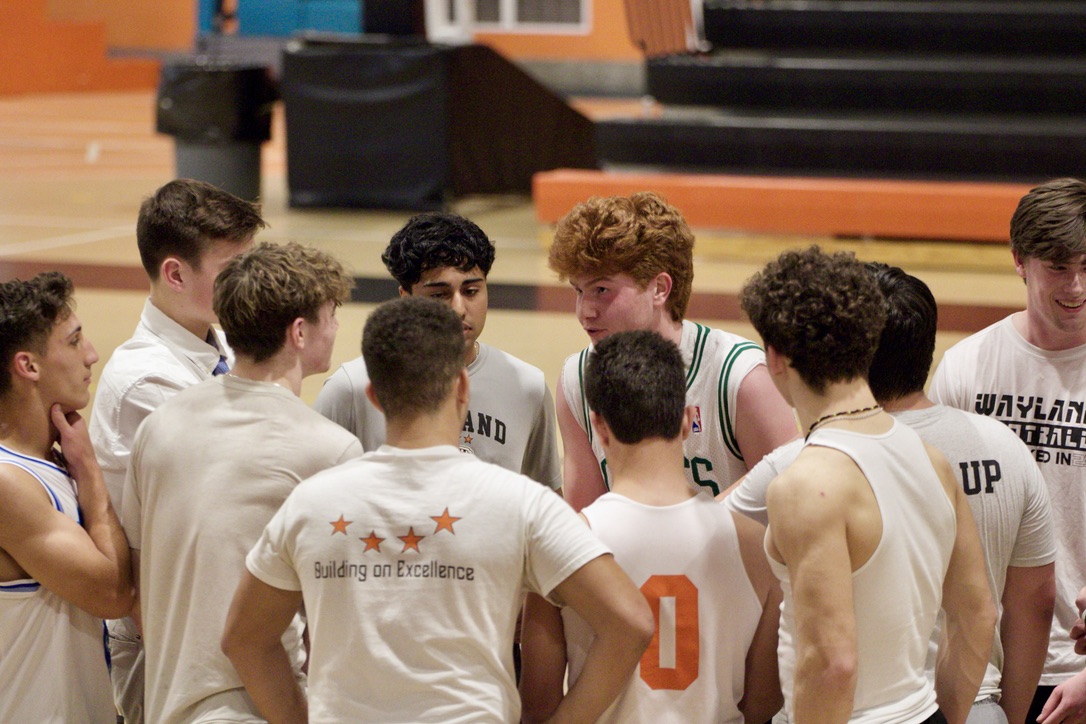
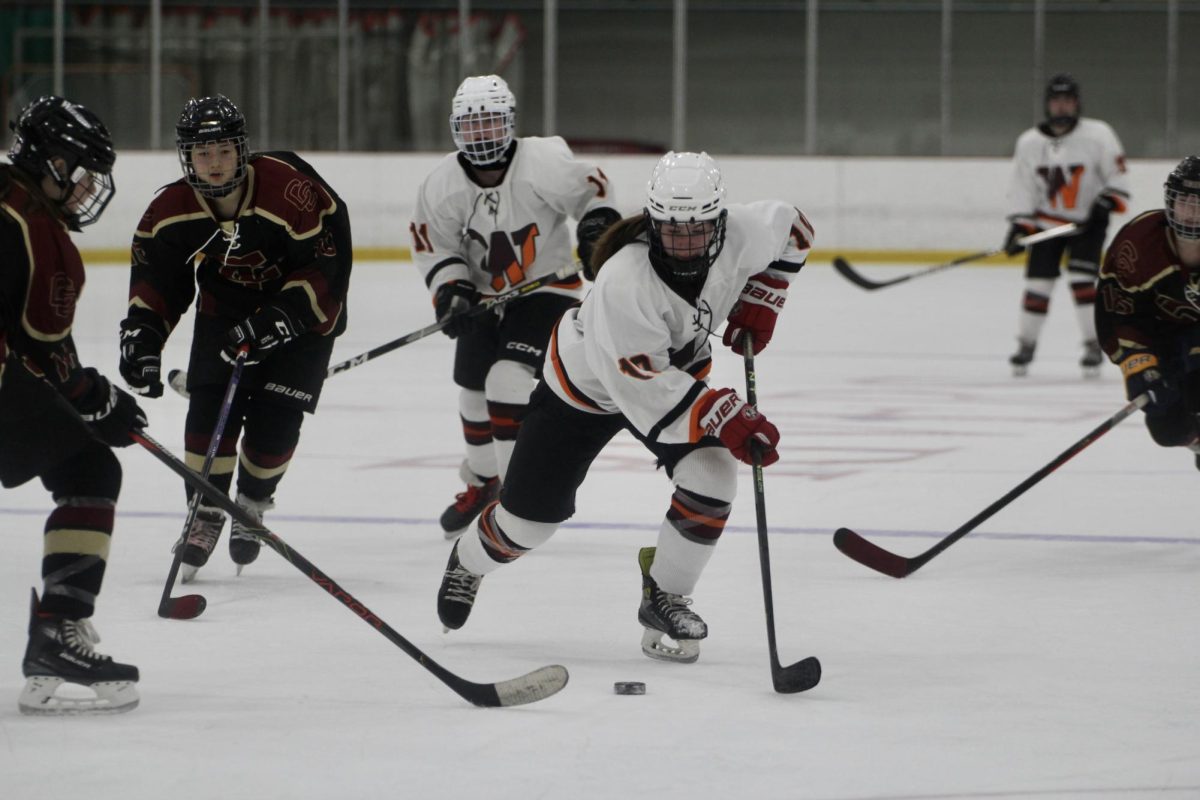






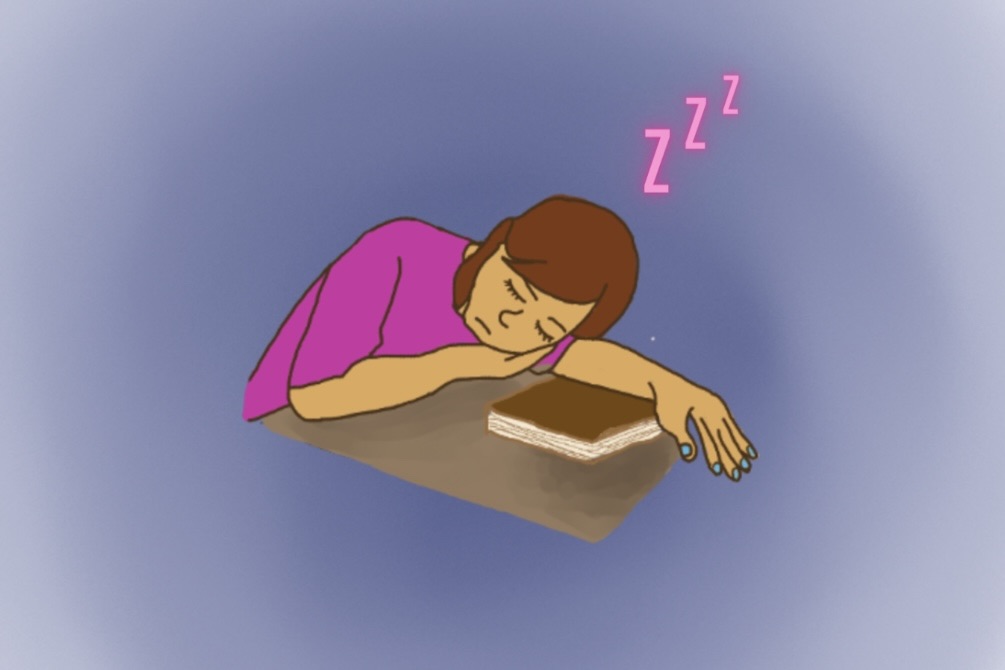
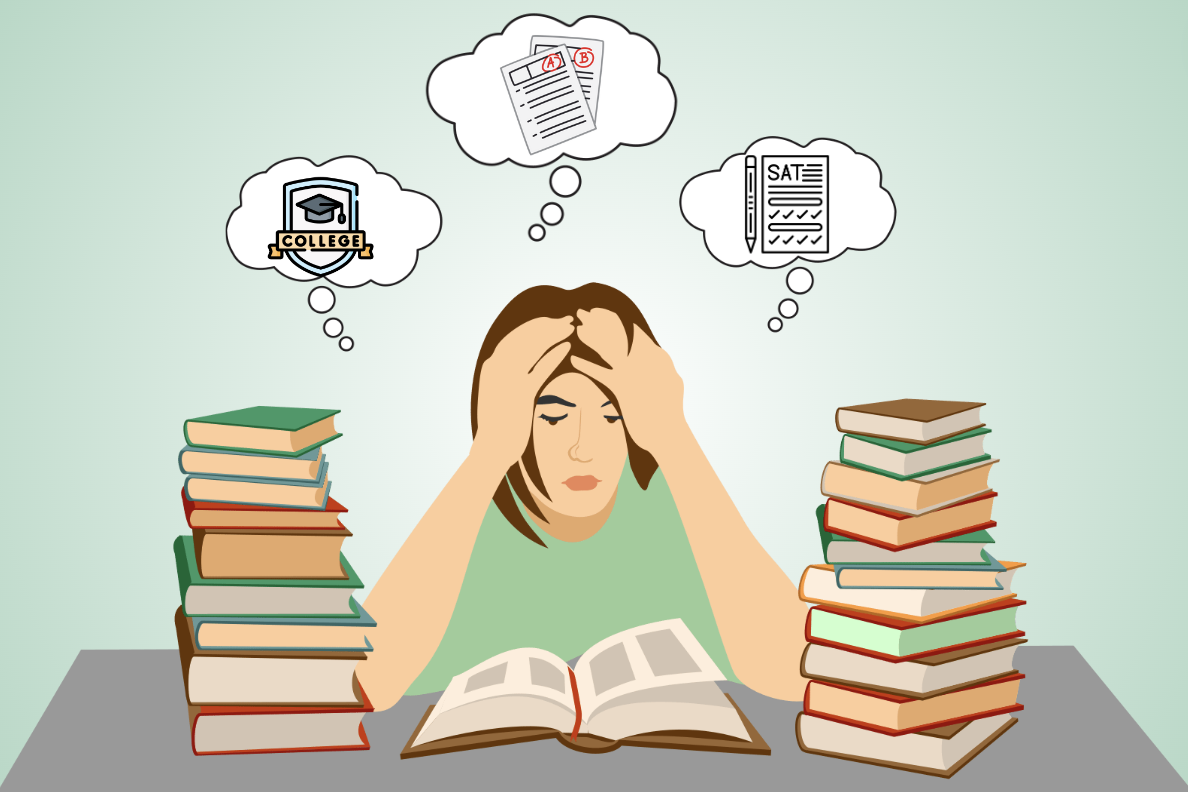
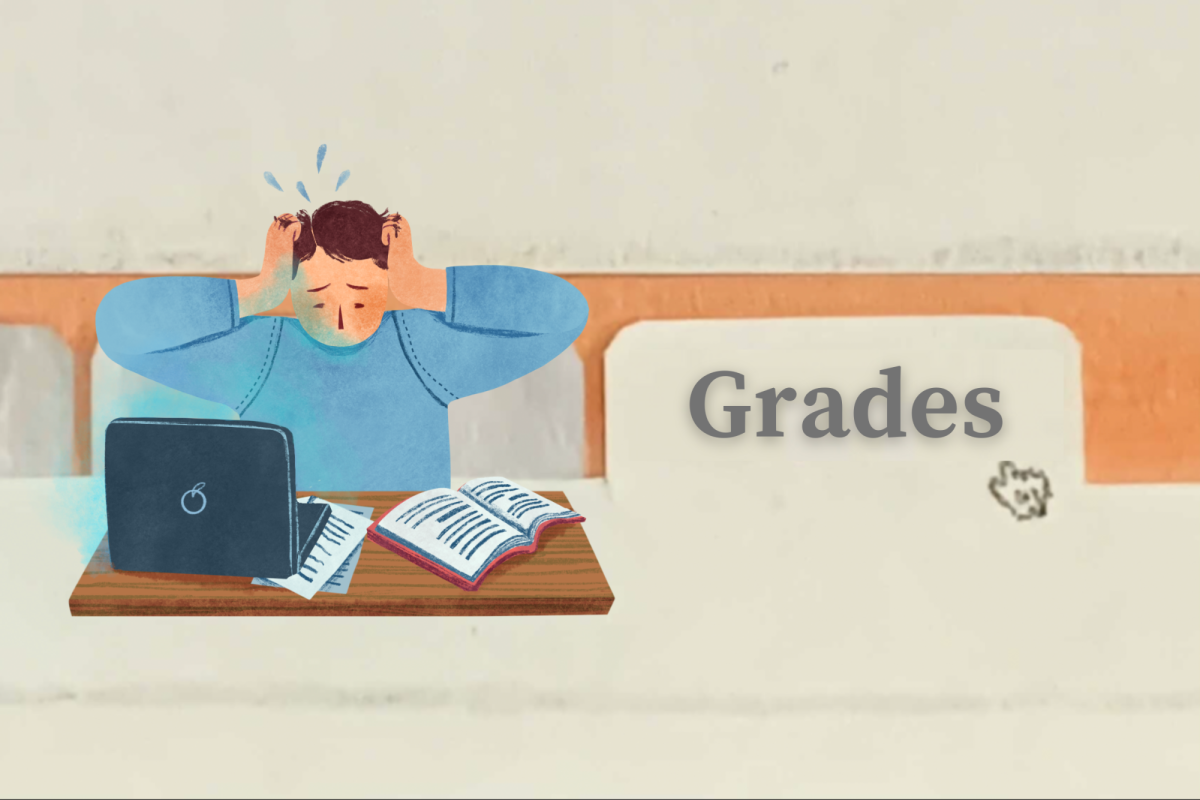

















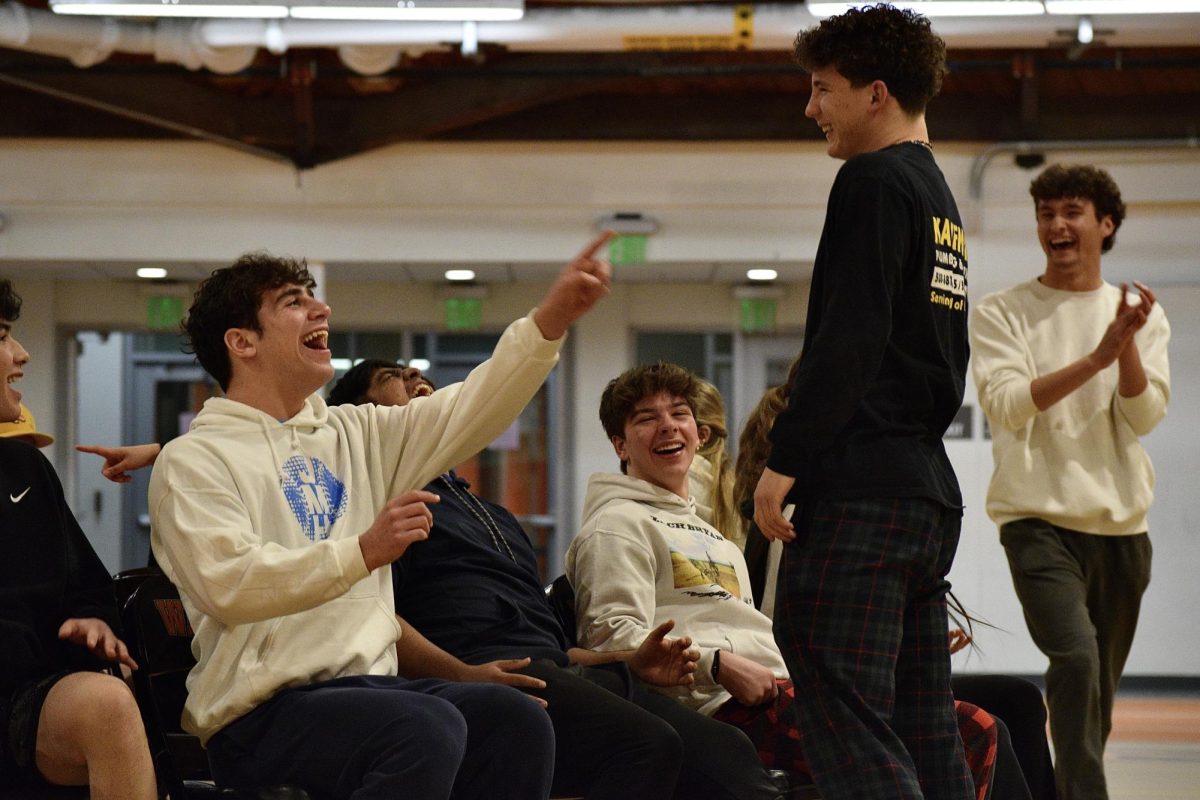






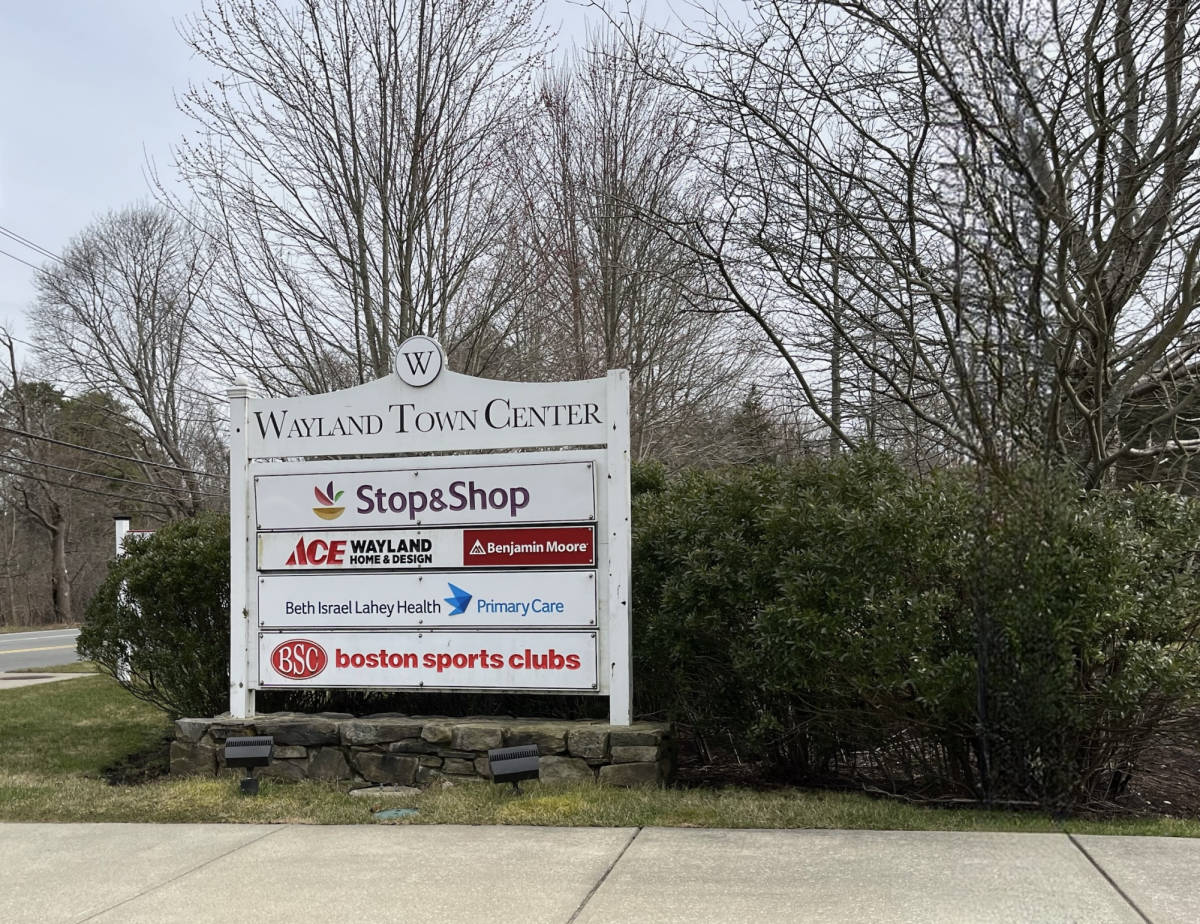
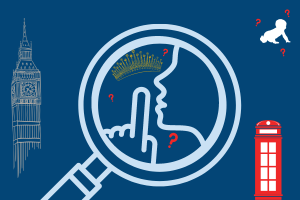








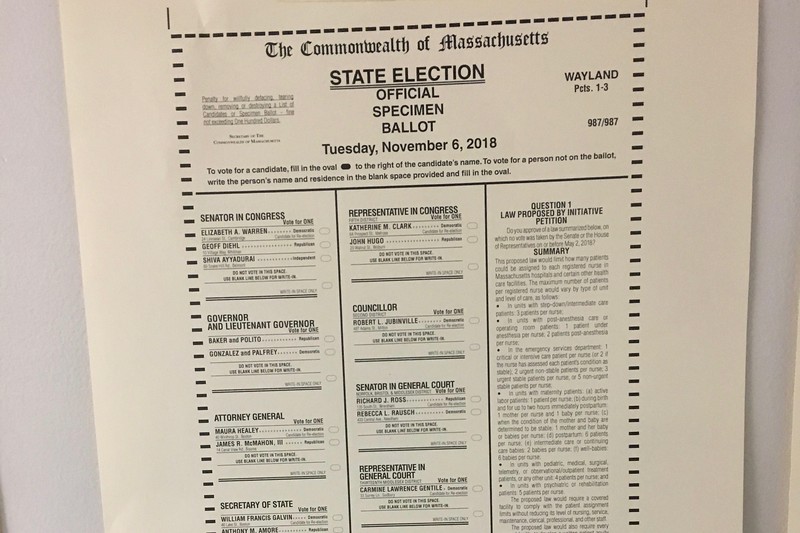
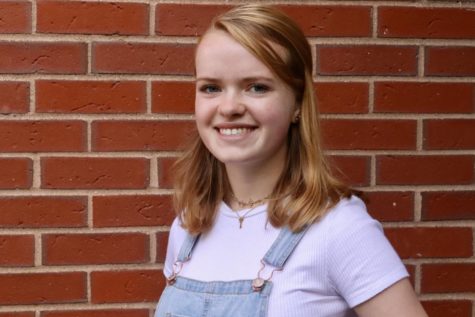
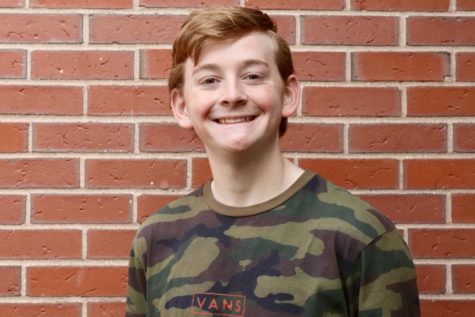




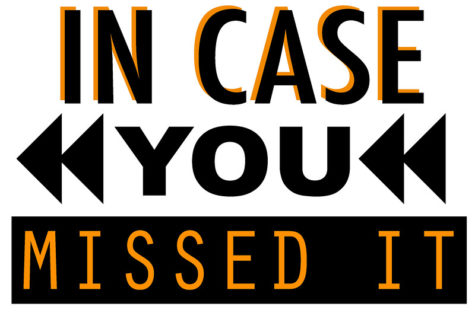


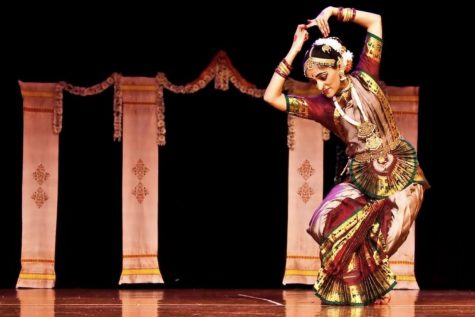
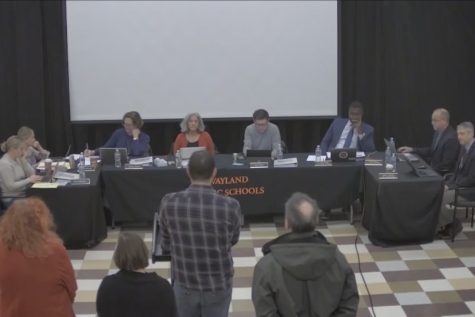
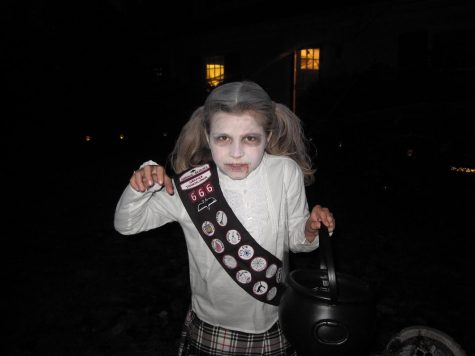

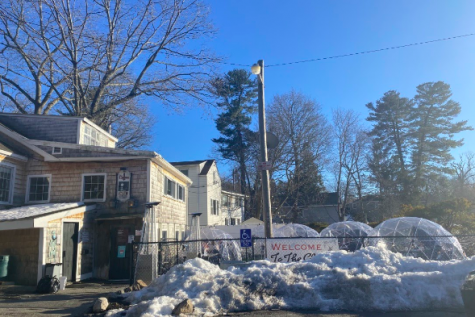
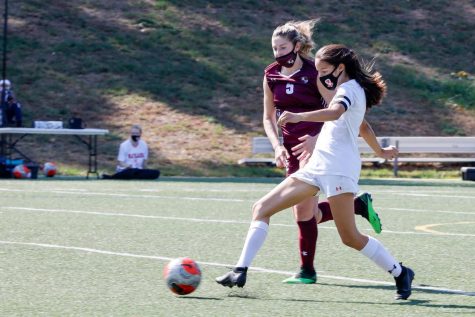
a+ stats • Nov 6, 2018 at 9:15 PM
17 is way too smol sample size, wspn. even i know that am im failing stats.